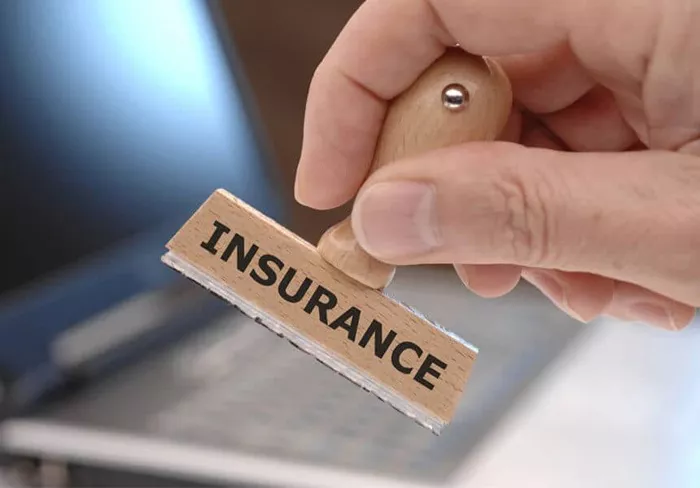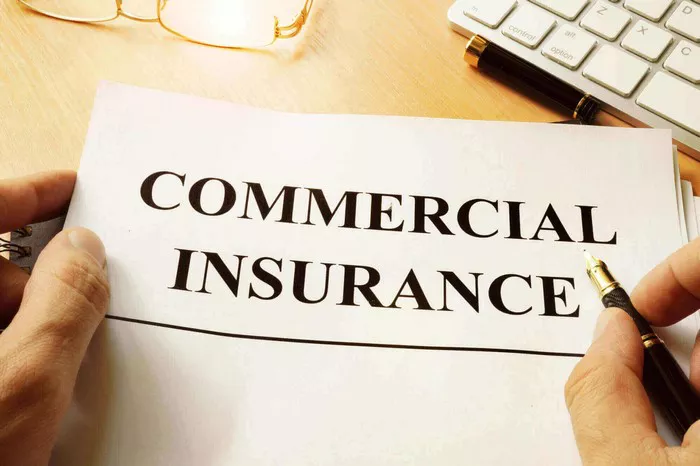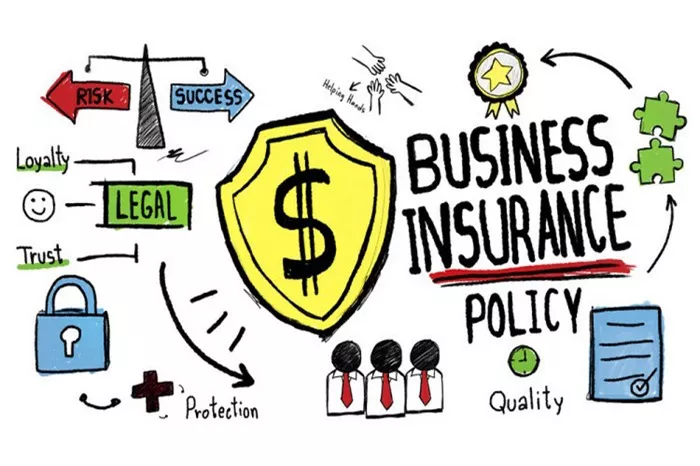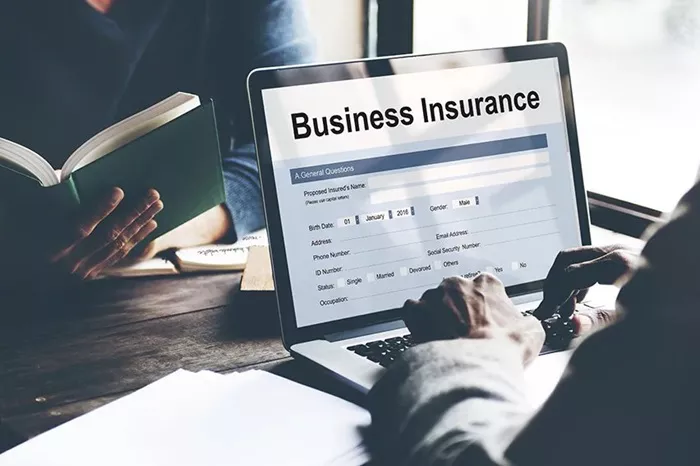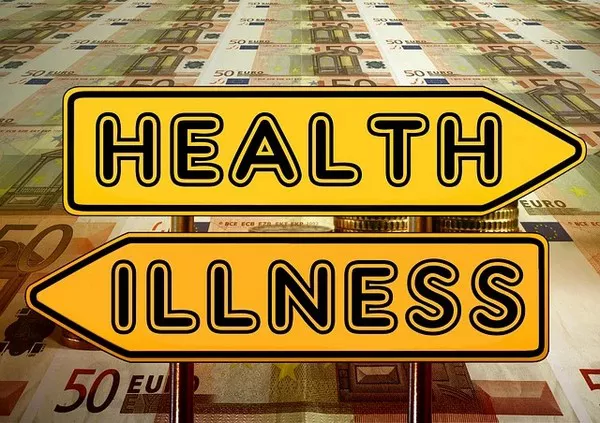Running a business comes with its share of risks, and one of the most effective ways to manage these risks is through insurance. However, insurance terminology can often be confusing. This article aims to demystify general liability insurance by explaining it in straightforward, simple language. By avoiding industry jargon and using concise sentences, we aim to make this important topic accessible to everyone.
What is General Liability Insurance?
General liability insurance is a fundamental type of business insurance that protects your business from financial losses due to third-party claims. These claims can arise from various incidents, such as bodily injuries, property damage, and personal and advertising injuries. Here’s a closer look at what each of these terms means:
Bodily Injury: This covers costs related to physical injuries that occur to someone else as a result of your business operations. For example, if a customer slips and falls in your store, general liability insurance can cover their medical expenses and any legal fees if they decide to sue.
Property Damage: This protects your business if you or your employees cause damage to someone else’s property. For instance, if your product malfunctions and causes damage to a customer’s home, general liability insurance can cover the repair costs.
Personal and Advertising Injury: This includes coverage for non-physical injuries that can arise from your business activities. Examples include being accused of libel or slander, or even issues related to your advertising practices.
Why is General Liability Insurance Important?
Without general liability insurance, your business is exposed to significant financial risks. Consider the following:
Lawsuits: Legal claims can be expensive, and even if you win the case, the legal fees alone can be financially draining.
Medical Costs: If someone is injured on your premises, you could be responsible for covering their medical expenses, which can be substantial.
Property Repairs: Damage to someone else’s property can result in hefty repair bills that you would have to pay out of pocket.
Reputation Management: Accusations of personal and advertising injuries, such as libel or slander, can damage your reputation and lead to costly legal battles.
In essence, general liability insurance provides a financial safety net that helps ensure the continuity and stability of your business in the face of unforeseen events.
see also:How much does insurance go up after a comprehensive claim?
Relevant Real-World Examples
To better illustrate the importance of general liability insurance, let’s consider some real-world examples across different industries:
Retail: Imagine a customer slips on a wet floor in your retail store and breaks their arm. The medical bills, combined with potential legal fees if the customer decides to sue, can be overwhelming. General liability insurance can cover these costs, protecting your business from financial strain.
Restaurants: In a busy restaurant, accidents can happen. For example, if a waiter spills hot soup on a patron, causing burns, the medical costs and any potential legal action can be covered by general liability insurance.
Professional Services: Suppose you run a consulting firm and a client accuses you of slander due to comments made in a public forum. The legal fees to defend your business and any potential settlements can be managed with the help of general liability insurance.
Construction: In the construction industry, accidents are common. If a worker accidentally damages a client’s property, the repair costs and any associated legal fees can be covered by general liability insurance.
These examples highlight how general liability insurance applies to various scenarios, offering crucial protection that helps businesses navigate unexpected challenges.
Go Beyond Basic Coverage
While general liability insurance provides broad protection, it’s important to understand what it typically does not cover. Managing these expectations can help you make informed decisions about additional insurance needs. Here’s a brief overview of what’s generally not covered by standard general liability policies:
Professional Errors: Mistakes made in professional services, such as errors in financial advice given by an accountant or errors in design by an architect, are not covered. For these types of risks, you would need professional liability insurance, also known as errors and omissions (E&O) insurance.
Employee Injuries: Injuries sustained by your employees while on the job are not covered under general liability insurance. Workers’ compensation insurance is specifically designed to cover these types of injuries.
Commercial Auto Accidents: Accidents involving company vehicles are not covered by general liability insurance. You would need commercial auto insurance for this type of protection.
Intentional Acts: Any intentional or malicious acts causing harm or damage are typically excluded from coverage.
Property Damage to Your Business: Damage to your own business property is not covered by general liability insurance. For this, you would need a commercial property insurance policy.
To ensure comprehensive coverage, consider additional policies that can address these gaps. For instance, product liability insurance covers claims related to injuries or damages caused by your products. If your business manufactures or sells products, this coverage can be invaluable. Additionally, umbrella insurance provides extra liability coverage beyond the limits of your general liability policy, offering further protection against large claims.
see also:what does out of pocket insurance mean?
Clear Call to Action
Understanding general liability insurance and its importance is the first step toward safeguarding your business. To ensure you have the right coverage tailored to your specific needs, we offer free consultations. Our experts are ready to help you navigate the complexities of insurance, answer any questions you may have, and provide personalized quotes that fit your business.
Conclusion
General liability insurance is a critical component of any business’s risk management strategy. By protecting against third-party claims of bodily injury, property damage, and personal and advertising injury, it provides a financial safety net that can save your business from significant losses. Understanding what is covered, recognizing the importance of this insurance, and knowing the limits of basic coverage will help you make informed decisions. By taking proactive steps to secure the right insurance, you can focus on growing your business with confidence, knowing that you are protected against unforeseen events.
FAQs about General Liability and Types of Insurance
1. Which of the following is excluded under Coverage A of the CGL?
Coverage A of the Commercial General Liability (CGL) policy typically excludes certain risks, including:
- Expected or Intended Injury: Injuries or damages that are intentionally caused by the insured.
- Contractual Liability: Liability assumed under a contract or agreement, except for specific instances outlined in the policy.
- Liquor Liability: For businesses that manufacture, distribute, or serve alcoholic beverages, injuries or damages resulting from the consumption of alcohol.
- Workers’ Compensation and Similar Laws: Claims related to injuries or diseases of employees covered under workers’ compensation laws.
- Pollution: Pollution-related injuries or damages, except for certain limited instances specified in the policy.
- Aircraft, Auto, or Watercraft: Injuries or damages arising from the ownership, maintenance, or use of these vehicles, with some exceptions.
- Mobile Equipment: Certain mobile equipment when it is used in a way not intended by the policy.
2. What risks does general insurance cover?
General insurance covers a wide range of risks, including but not limited to:
- Property Damage: Loss or damage to physical assets like buildings, machinery, and inventory due to events such as fire, theft, or natural disasters.
- Liability Risks: Legal liability arising from injuries or damages caused to third parties, such as through product liability, public liability, and professional liability.
- Health Risks: Medical expenses and hospitalization costs due to illness or injury.
- Travel Risks: Losses incurred during travel, including trip cancellations, lost luggage, and medical emergencies abroad.
- Automobile Risks: Damage to vehicles and liability for injuries or damages caused by vehicle accidents.
3. What are the top 3 types of insurance?
The top three types of insurance commonly used are:
Health Insurance: Provides coverage for medical expenses, including doctor visits, hospital stays, surgeries, and prescription medications.
Auto Insurance: Covers damages to vehicles and liability for injuries and property damage resulting from car accidents.
Homeowners Insurance: Protects against damage to one’s home and personal belongings from risks like fire, theft, and natural disasters, and includes liability coverage for accidents that occur on the property.
4. What type of insurance makes the most?
The type of insurance that generates the most revenue can vary by region and market conditions, but generally:
Life Insurance: Life insurance often generates the highest premiums due to the long-term nature of the policies and the large sums assured.
Health Insurance: Given the high cost of medical care, health insurance typically generates substantial revenue through premiums.
Property and Casualty Insurance: This category includes auto, home, and business insurance, which collectively form a significant portion of the insurance market due to the mandatory nature of some policies and the value of assets covered.
You Might Be Interested In

